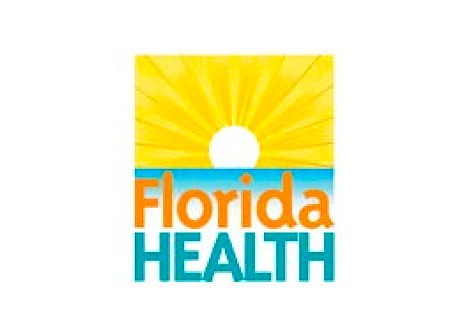- February 25, 2025

The following is an adapted news release from the Florida Department of Health in Flagler County:
The Florida Department of Health in Flagler County today advised residents there has been an increase in mosquito-borne disease activity in areas of Flagler County.
Several sentinel chicken flocks have tested positive for West Nile virus infection. The risk of transmission to humans has increased. East Flagler Mosquito Control District and Florida Department of Health in Flagler County continue surveillance and prevention efforts.
West Nile virus (WNV) is most commonly transmitted to humans by mosquitoes. There are no medications to treat or vaccines to prevent WNV infection.
Fortunately, most people infected with WNV will have no symptoms. About one in five people who are infected will develop a fever with other symptoms. Less than 1 percent of infected people develop a serious, sometimes fatal, neurologic illness.
Florida Department of Health in Flagler County reminds residents and visitors to avoid being bitten by mosquitoes and to take basic precautions to help limit exposure.
To protect yourself from mosquitoes, you should remember to “drain and cover."
DRAIN standing water to stop mosquitoes from multiplying:
• Drain water from garbage cans, house gutters, buckets, pool covers, coolers, toys, flower pots or any other containers where sprinkler or rain water has collected.
• Discard old tires, drums, bottles, cans, pots and pans, broken appliances and other items that are not being used.
• Empty and clean birdbaths and pets’ water bowls at least once or twice a week.
• Protect boats and vehicles from rain with tarps that don’t accumulate water.
• Maintain swimming pools in good condition and appropriately chlorinated. Empty plastic swimming pools when not in use.
COVER skin with clothing or repellent:
• Clothing: Wear shoes, socks and long pants and long-sleeves. This type of protection may be necessary for people who must work in areas where mosquitoes are present.
• Repellent: Apply mosquito repellent to bare skin and clothing:
• Always use repellents according to the label. Repellents with DEET(N,N-Diethyl-mtoluamide),
picaridin, oil of lemon eucalyptus, and IR3535 are effective.
• Use mosquito netting to protect children younger than 2 months old.
• Cover doors and windows with screens to keep mosquitoes out of your house.
• Keep mosquitoes out of your house. Repair broken screening on windows, doors, porches and patios.
Tips on repellent use:
• Always read label directions carefully for the approved usage before you apply a repellent. Some repellents are not suitable for children.
• Products with concentrations of up to 30 percent DEET are generally recommended. Other US Environmental Protection Agency-approved repellents contain picaridin, oil of lemon eucalyptus, or IR3535. These products are generally available at local pharmacies. Look for active ingredients to be listed on the product label.
• Apply insect repellent to exposed skin, or onto clothing, but not under clothing.
• In protecting children, read label instructions to be sure the repellent is age-appropriate. According to the Centers for Disease Control and Prevention, mosquito repellents containing oil of lemon eucalyptus should not be used on children under the age of three years. DEET is not recommended on children younger than two months old.
• Avoid applying repellents to the hands of children. Adults should apply repellent first to their own hands and then transfer it to the child’s skin and clothing.
• If additional protection is necessary, apply a permethrin repellent directly to your clothing. Again, always follow the manufacturer’s directions.
•For more information on what repellent is right for you, consider using the Environmental Protection Agency’s search tool to help you choose skin-applied repellent products: http://cfpub.epa.gov/oppref/insect/#searchform.
The Department continues to conduct statewide surveillance for mosquito-borne illnesses, including West Nile virus infections, Eastern Equine Encephalitis, St. Louis encephalitis, Malaria, Dengue and Chikungunya.
Residents of Florida are encouraged to report dead birds via the Florida Fish and Wildlife Conservation Commission’s site - http://www.myfwc.com/bird/.
For more information, visit the Department’s website at http://www.floridahealth.gov/diseases-and-conditions/mosquito-borne- diseases/index.html or call your local county health department.